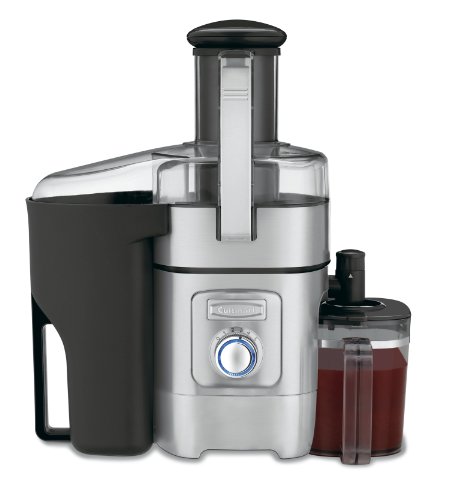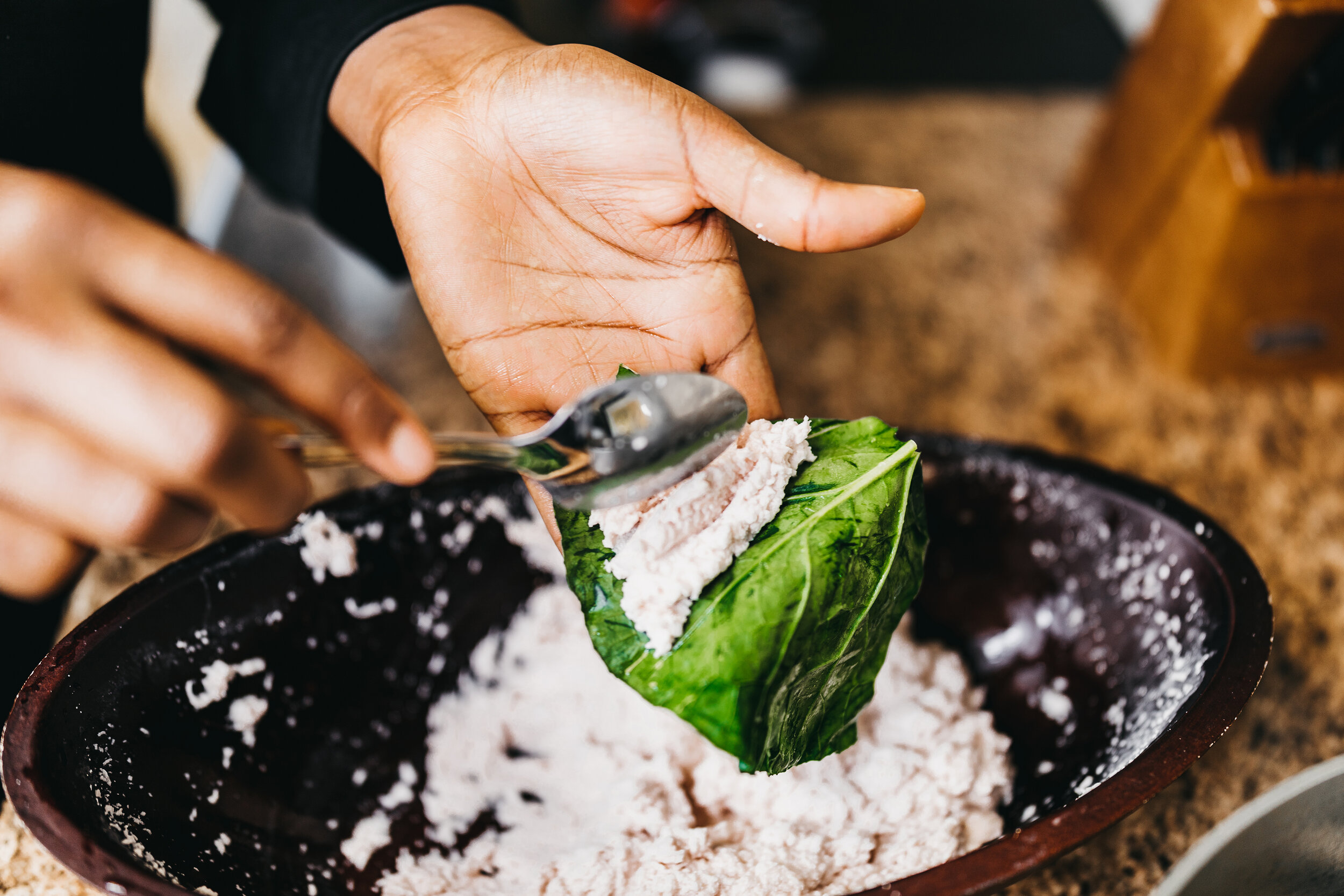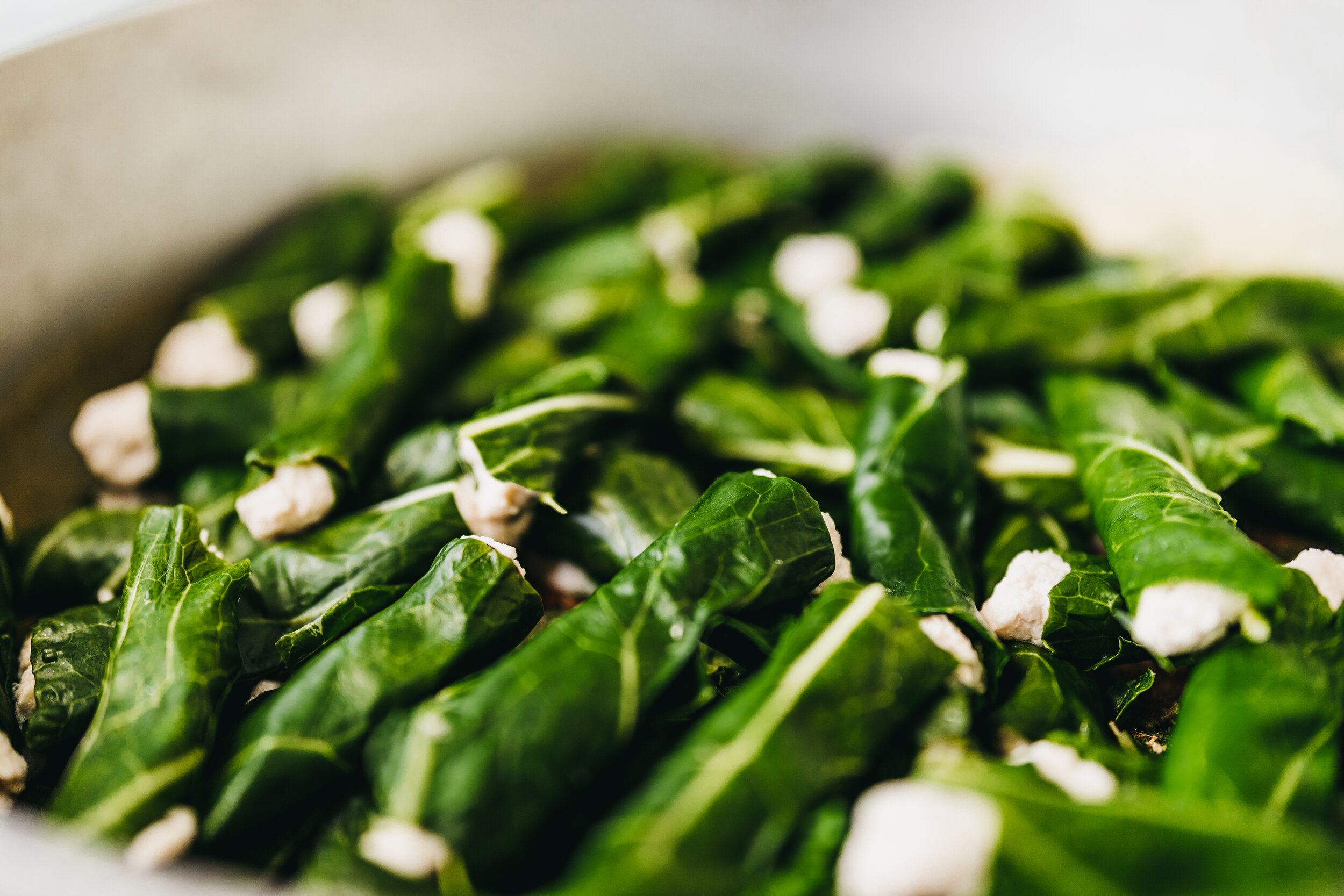Ekwang - The Oroko Way
Welcome to the official launch of Keng’s Kitchen! I’m so glad to have you here. Thank you for joining our community. We decided to launch the channel with a very well known Cameroonian dish: Ekwang! I chose to launch with this dish because it’s a recipe very close to my heart. It’s a Cameroonian dish that originates from my mother’s tribe, the Oroko people in Ndian Division in the Southwest Region of Cameroon. When I was young, we used to cook this dish very frequently. Ekwang is an arduous dish consisting of several steps including the peeling, grating, and wrapping of cocoyam paste into cocoyam leaves. It is then seasoned with flavor-filled spices unique to Cameroon. Though many others have adapted this dish, the original Oroko way of making Ekwang does not consist of tomatoes or onions. It is cooked simply with African spices and nothing else. Indeed, it’s a finger-licking mouthwatering dish that leaves a unique savor on the pallet. And do away with forks and spoons! Eat with your hands for a fulfilling experience. After just a taste you will crave for more.
Click play on the video below to cook along with me or scroll past the video to follow the written instructions.
RECIPE UPDATE: Thanks to Seasoning Angels, I found this amazingly easy way to get the same smooth grated cocoyam texture with half the work. This method is done using the Cuisinart juicer. Traditional Cameroonian dishes are exquisite but tend to take the most time to complete. However, adding this item into your kitchen and you will save so much more time with meals like Ekwang or Kwacoco Bible. See for yourself and click the link below to shop for this Modern African kitchen necessity.
Dish: Ekwang
Country : Cameroon
Geographic Location : Ndian Division, Southwest Region
Ethnic Group : Oroko
Diaspora Connection : Oroko Cultural Association
E k w a n g C o o k i n g I n s t r u c t i o n s
Ingredients for Ekwang
a. 10 (5 red and 5 white) Large Makabo/Malanga Cocoyams
b. 4 Bunches of Cocoyam Leaves or Collard Greens
c. 2 Large Smoked Catfish (Deboned)
d. 1 Whole Smoked Hard Chicken (optional)
e. 1 Teaspoon Ground Bush Pepper (Black Pepper)
f. 1 Tablespoon Ground Country Onion
g. 4 Large Habanero Peppers
h. ½ Cup Crayfish
i. 1 ½ Cups Palm Oil
j. Bouillon or Maggi to taste
k. Salt to taste
Preparation
Smoked Chicken Stock
Wash the smoked hard chicken and put it in a pot.
Add a pinch of salt and enough water to cook the chicken until it’s done. Add enough water so that the chicken does not dry off but instead leaves you with some stock left over for later use.
Separate the chicken from the stock and set aside.
Collard Greens
(If using cocoyam leaves, skip step 5-6)
4. Wash the collard greens, remove the middle vein from each leaf and carefully cut it into palm size pieces.
5. Put some water to boil and sit. Then place the leaves into a bowl and pour the hot water over it.
6. Allow the collard greens to sit for about 3 minutes then drain the hot water. Immediately, place the leaves under cold running tap water to stop it from over cooking. This process makes the leaves more pliable when wrapping the Ekwang.
Cocoyams
(Direct skin contact with raw cocoyams may cause itchiness for some people. It is advised to wear rubber gloves when completing the following steps.)
7. Peel cocoyams with a peeler or a sharp knife.
8. Thoroughly wash the cocoyams until clean and let it sit in a bowl of clean water.
9. Grate the cocoyams on the largest surface of the grater to form the cocoyam paste.
10. Aerate the cocoyam paste by continuously beating to reach a fluffy texture.
Wrapping the Ekwang
11. Grease the inside of a pot with about 1/2 cup of palm oil and set aside.
12. Scoop a teaspoon of the grated cocoyam paste onto a piece of the cut collard green and wrap tightly by rolling the leaf with your fingers. From time to time, aerate the cocoyam paste as you are wrapping to maintain the fluffy texture.
13. Place the wrapped Ekwang into the greased pot in a crisscross pattern as exemplified below:
14. Continue to place each wrapped Ekwang in this pattern until your cocoyam paste is halfway finished.
15. Add half the quantity of smoked fish and chicken. Then sprinkle this layer with half the quantity of crayfish.
16. Fill up your pot by repeating step 14 with your remaining cocoyam paste. Add the remaining smoked fish and chicken on top of your last layer of Ekwang. Sprinkle the remaining crayfish.
17. Blend the habenero peppers with a little bit of water.
18. Add the blended habenero peppers, bush pepper and half your desired quantity of salt and bouillon.
The Cooking Process
19. Place the pot on the stove and add 2 cups of water. On medium heat, allow the pot to simmer for the Ekwang to become firm. You will know the Ekwang is firm when the tips of the Ekwang change color from a white to a greyish tone.
20. Now you can add more water into the pot to reach the top layer of the Ekwang. Cook on medium heat until the water level reduces to half the quantity. DO NOT STIR THE POT as it will break the Ekwang apart creating a thick consistency.
21. Add the chicken broth, palm oil, country onion and enough water (if needed) into the pot to cover the level of the Ekwang. DO NOT STIR THE POT.
22. Add the remaining of your desired quantity of salt and bouillon into the pot then tilt the pot side to side to evenly distribute all spices. DO NOT STIR THE POT
23. Allow to cook for about 25 minutes under medium-low heat.
24. Serve the Ekwang and enjoy with your choice of beverage!
















